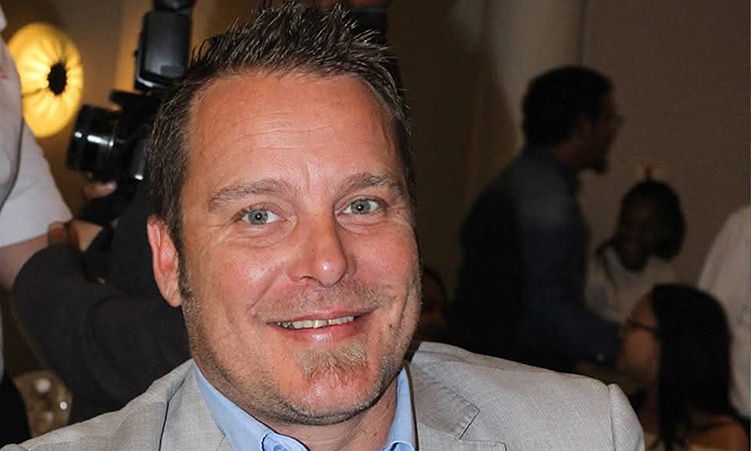SOUTH African Reserve Bank governor Tito Mboweni disagrees with the many economists who expect a recovery from the sharp global slowdown by next year.
He told a breakfast briefing in Johannesburg on Tuesday: ‘I think we will be in this for the next three to five years.’
Mboweni said the local economy, which contracted 1,8 percent in the fourth quarter of last year, probably shrank again in the first quarter. And he pointed out that two quarters of contraction would put the economy technically in recession.
While global fiscal and monetary stimuli were essential at this stage, Mboweni pointed to the eventual dangers. ‘We have to decide on the best way to utilise the stimulus packages.’
Referring to the automotive industry, which is asking for rescue packages in many countries, he said there was a need to look further ahead and ask: ‘Who will buy the new cars?’
Highly indebted consumers could no longer afford to borrow as they had in the past, while young South Africans ‘buy motor cars financed over five years – motor cars which can be destroyed in the first weekend – and also commit to a mortgage loan over 20 years’.
While the growth outlook was dismal, inflation prospects were improving, Mboweni said.
Upward pressure on prices was subsiding because energy costs had remained relatively low and spare production capacity was increasing globally, so producers could respond to increased demand without spending on new capacity.
He predicted that lower world inflation would eventually have an impact on stubbornly high domestic prices.
However, this did not necessarily mean the official repo rate would be cut every month, the governor warned.
Financial advisers should be careful not to mislead their clients, on the basis of expectations that there would be a series of rate cuts in each of the months ahead, he said. The central bank has cut the repo rate from 12 per cent in December to 9,5 percent last month.
Earlier this week Manuel also referred to the scope to cut interest rates. ‘Unlike in the US and the UK, we have plenty of room for further monetary easing, and as inflation continues to fall, so too will our interest rates,’ he said.
Mboweni identified areas where policy ‘improvement is needed. For example, we need new interventions to revitalise the East Rand as an industrial hub. We need to ensure agricultural production improves.’
Turning to global financial problems, he said ‘Yankee capitalism’ had ended when the last of the US investment banks, Goldman Sachs and Morgan Stanley, applied to become bank holding companies. ‘The days when investment banks made a lot of their income from off-balance sheet activity have gone. It is time to get back to basics. Banking is a boring business – it’s supposed to be.’
-Business Report
Stay informed with The Namibian – your source for credible journalism. Get in-depth reporting and opinions for
only N$85 a month. Invest in journalism, invest in democracy –
Subscribe Now!










